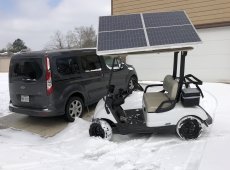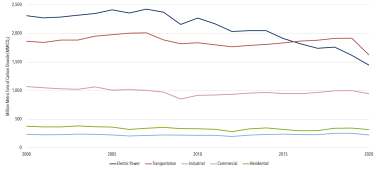I have a small solar grid tie system and will soon expand to net metering and a 5K solar system to start then 10K. I decided against going the battery back thing and here is why. Let me say this I was in the direct path of Hurricane Ida in South Louisiana a month ago. We lost power for 16 days. I have a triple fuel gasoline, propane, and natural gas 14,000 watt American made Generator. My house is two story with a two ton A/C central for each floor. We ran the Generator on natural gas. For 16 days. We let the Generator rest 2 hour in the morning and 2 hours in the evening. Changing the oil and filter every 100 hour. Our national gas bill was $260.for 320 hours of running time. We ran one a/c at a time. Washed clothes used microwave, toaster etc. 2 refrigerators also TV computers. Just like being on the grid! The Generator was under $4,000 a good lithium 8 battery set up would cost $6,400 for just the batteries. Generator is just sitting there for next time. So you say "but I can use my batteries at night to power my home. It's costing you over 0.50 a KWH when net metering would
cost less that 0.10 a KWH for being your batteries and the grid don't have batteries that need changing. This is just my thoughts after getting some good info.here on this forum.







